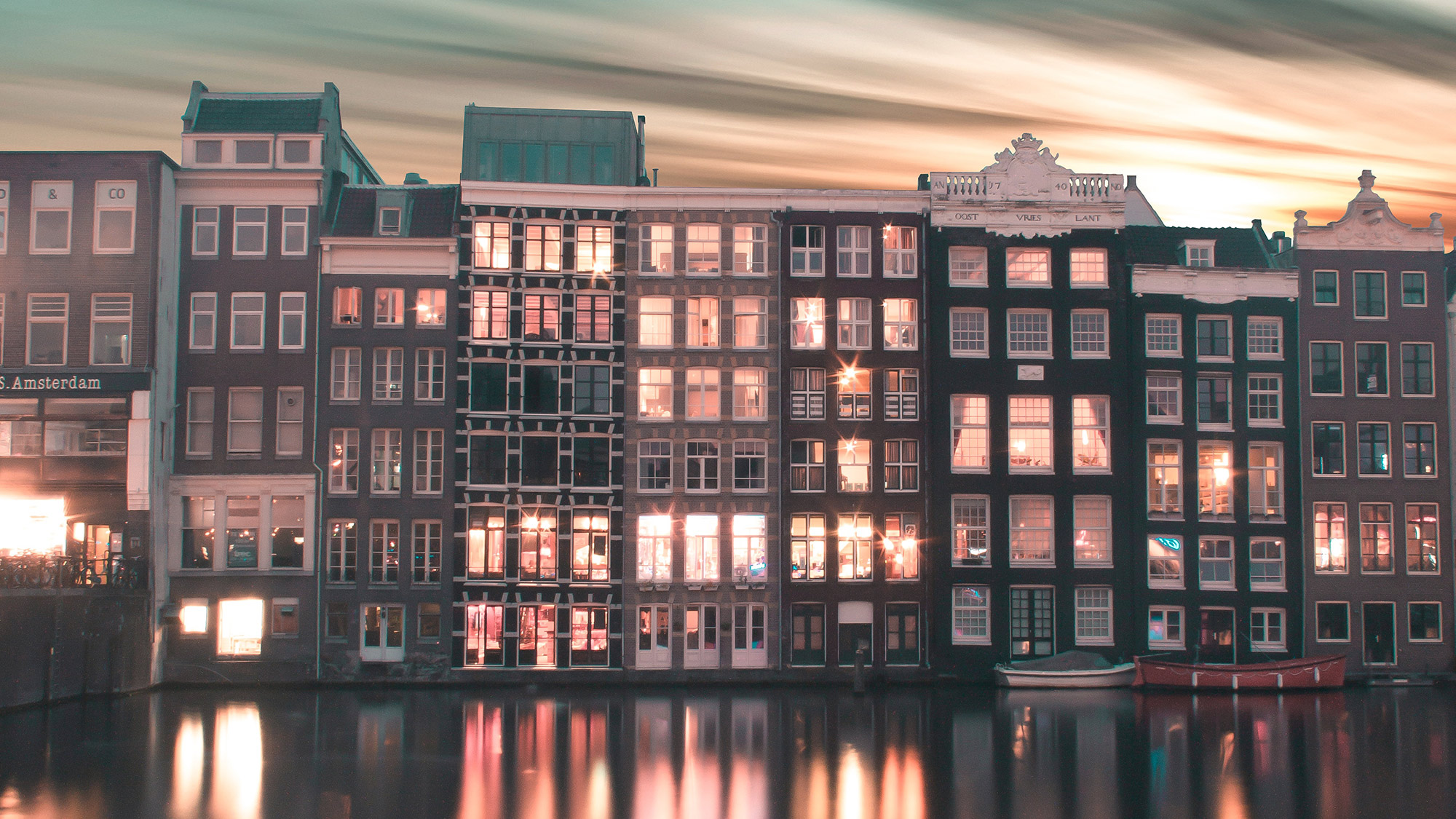Amsterdam Summer Institute: Black Europe
Jun 14–Jun 16, 2008
University of Amsterdam
This course will begin with a historical overview of social and civil conflict in Europe leading to the formation of laws and antidiscrimination legislation within the EU. We will look specifically at anti-discrimination laws as they have arisen in various European countries; comparing the history of regulation and management of race and ethnic relations and the discourse surrounding the concept of Blackness and self-identification. Historically, social forces within Europe have given rise to policies to combat racism. We will trace the chain of events following social and civil conflicts that prompted these policies and analyze the legislative and intellectual discourse produced in the aftermath.
In the second week, we will explore the notions of blackness as; an official categorization; as a social construction, employed by natives to indicate (non) belonging; as a Diaspora living within Europe; and as a contestation of the dominant (White) paradigm. We will focus on the historical and colonial legacies of European countries to discuss the origins of Black Europe and investigate the impact of these legacies on policies and legislation.
This course will also seek to address the dimensions of race and ethnic relations that are unique to Europe; examining the ways in which conceptions of the “other” are institutionalized and reproduced; the rise of xenophobia in various EU countries; the legal definitions and discourse surrounding the conceptualized “other”; and examining the ways in which each country has dealt with issues of race and national identity.
Prior to departure, students will receive pre-departure readings and requirements. Upon arrival, students will participate in a welcome reception and orientation at NINSEE, the National Institute for the study of Dutch Slavery and its Legacy, in Amsterdam. Classes, guest lectures, and field trips will take place Monday through Thursday with Fridays and weekends free for studying and exploring Amsterdam and its surroundings. Students will be housed in university housing for the duration of the program. Following the program, students are welcome to participate in a two-day conference in Paris on Global Anti-Black Racism as part of the annual conference series (2006-2009) at the Maison des Science de l’Homme (MSH) organized by Lewis Gordon, Ramon Grosfoguel and Eric Mielants on “New and Old Racial/Ethnic Configurations before and after 9/11”.
The course is open to advanced undergraduate, graduate and post-graduate students. Preference will be given to students based on the following criteria:
- Undergraduate and graduate students with a background in the fields of sociology, anthropology, political science, economics, law and/or the humanities;
- post-graduate students who have begun a research project in the field;
- professionals with an MA Degree and who are working or want to work with the government, NGOs, or private businesses as a journalist, policy advisor, community worker, or otherwise in a field related to the topic
Students are accepted on the basis of i) their previous qualifications, ii) the level of knowledge of English, iii) an essay on their motivation, and iv) consultation of references. The Admissions Committee will take account of coherence, feasibility or relevance of the student’s career objectives and proposed program of study, as well as excellence in prior academic accomplishment, especially in coursework and experience related to the Summer Institute.
Dr. Ramon Grosfoguel, University of California, Berkeley
Dr. Glenn Willemsen, National Institute for the Study of Dutch Slavery and its Legacy
Dr. Stephen Small, University of California, Berkeley
Dr. Kwame Nimako, Universiteit van Amsterdam
Dr. Philomena Essed, Antioch University
Dr. David Theo Goldberg, Director, University of California Humanities Research Institute
Dr. Dienke Hondius, VU University Amsterdam
All students receive a certificate of attendance. Students who wish to earn credits receive upon successful completion of the programme, an official transcript stating the courses taken, credits earned and grades obtained. The programme is the equivalent of a 5 European Credits (or 3 American credits) module if the following requirements are fulfilled:
- active participation in classes to a total of 40 student-instructor contact hours or more;
- successful completion of a final paper (of 6000 words or more). A first draft of this paper (1500 words) must be presented and approved before the end of the Summer Institute; the final version must be submitted and approved no later than September 1, 2008.
Amsterdam is a truly international city and one of Europe’s most visited. A vibrant city, Amsterdam hosts a number of renowned museums and galleries and supports music, opera, theatre and dance companies of every conceivable variety. It has the reputation of being a gateway city that welcomes people from all over the world. With only 800,000 inhabitants, Amsterdam manages to offer the advantages of a world-city, while maintaining a unique village atmosphere. Ethnic diversity can be experienced everywhere in the streets of Amsterdam making it the perfect location for the Summer School on Black Europe.


